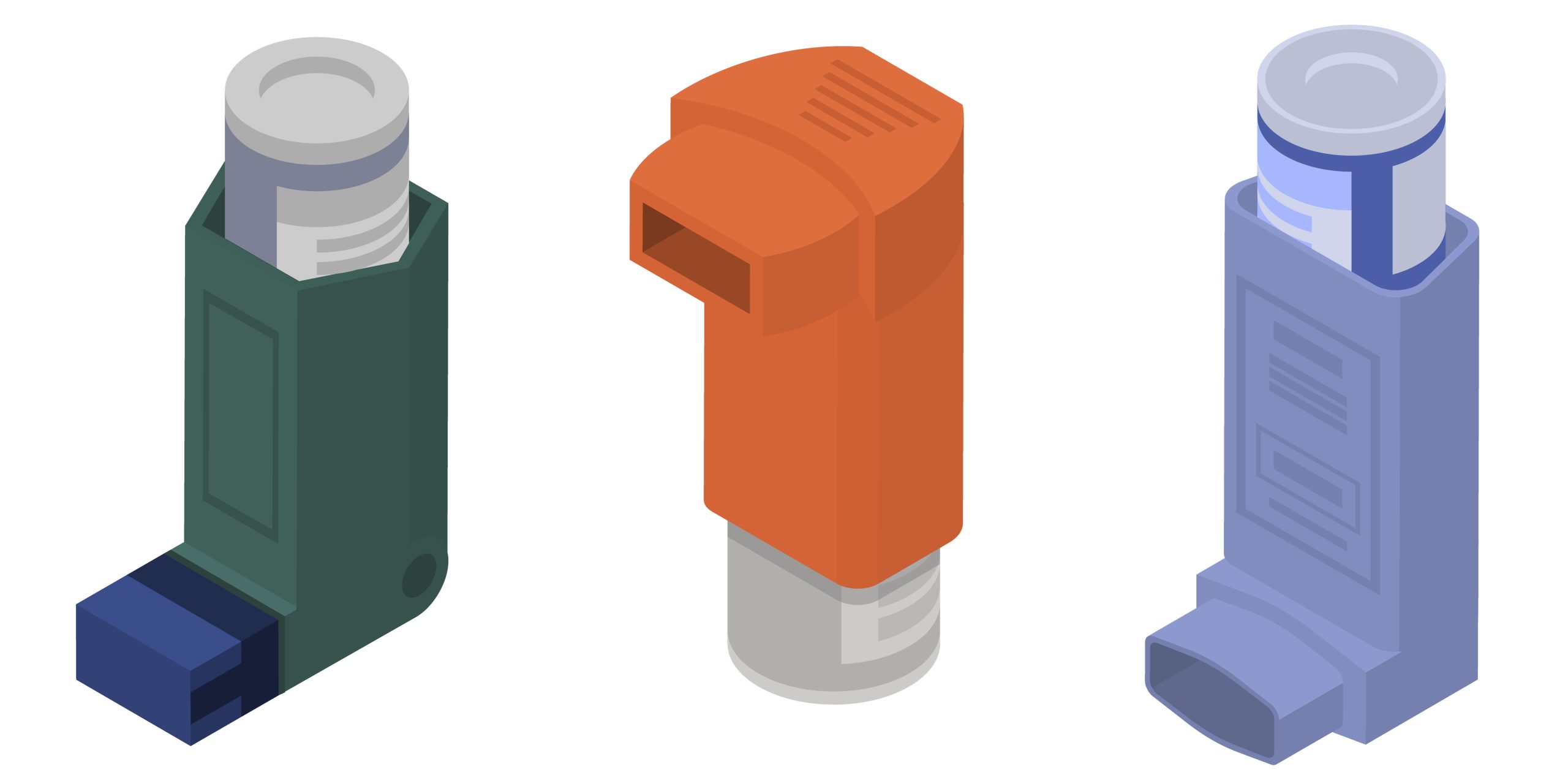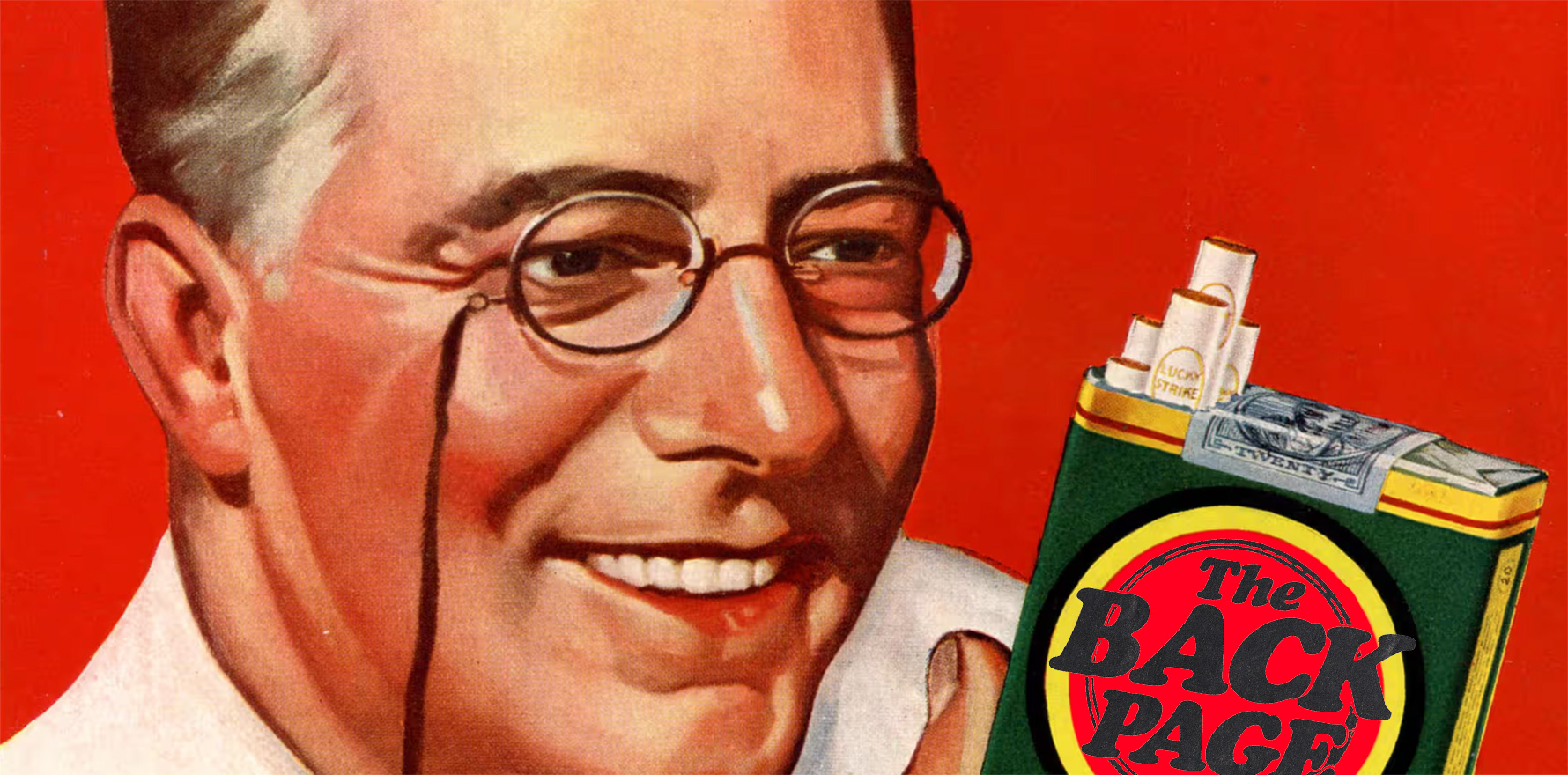Tobacco giant Philip Morris International has ventured into the inhaler market, with the help of opioid manufacturer Mundipharma, prompting an outcry from the medical community and calls for boycotts.
Criticism is coming in hard and fast for one of the faces of Big Tobacco, Philip Morris International, as it partners with pharmaceutical company Mundipharma to continue its pursuit to control both sides of the respiratory health, and ill-health, coin.
In 2021, Philip Morris International (PMI) acquired inhaled medicine manufacturers Vectura.
This year, Vectura has partnered with Mundipharma to redevelop its asthma medication Flutiform.
According to the Public Health Association of Australia (PHAA) and the Thoracic Society, Mundipharma has been closely linked to the opioid crisis and is tied to Purdue Pharma, which played a “significant” role in the crisis.
Mundipharma was also fined over $300,000 by the TGA for misleading marketing of its opioid medications to health professionals in 2019.
PHAA and the Thoracic Society are renewing calls for the health sector to boycott Vectura, as well as Mundipharma amid news of the partnership.
President of the Thoracic Society Professor Anne Holland said the “disturbing” alliance undermined public health.
“[It] perpetuates a destructive cycle where Big Tobacco profits from selling harmful products like cigarettes and e-cigarettes, only to profit again from selling treatments for the damage they cause,” she said in a statement.
CEO of the Thoracic Society Vincent So agreed that the tobacco industry was profiting from problems it had caused.
“PMI’s approach with Vectura is akin to setting a neighbour’s house on fire and then selling them the water to extinguish it,” he said in a statement.
“Mundipharma’s ties to Purdue Pharma, infamous for its role in the opioid crisis, further necessitate scrutiny of the public health and medical community’s engagement with this company.
“Both are owned by the Sackler family, whose business practices have inflicted widespread harm.”
Mr So said “marketing spin” couldn’t hide the obvious duplicity.
“This doublespeak is exemplified by the tobacco and e-cigarette industries lobbying against Health Minister Mark Butler’s commendable crackdown on e-cigarettes through the Albanese Government’s recent [vaping reforms], implemented on 1 July 2024,” he said.
“The real question we should be asking is why taxpayers, through the PBS, are indirectly funding Big Tobacco and PMI, which owns Vectura, a company whose components are used in some respiratory medicines on the PBS.
“This situation seems at odds with Australia’s celebrated successes in tobacco control, including plain packaging and vaping reforms.
“It raises concerns about the alignment of public health goals with the unintended financial support of the very industry these reforms aimed to regulate.”
Speaking to The Medical Republic, chair of the RACGP’s smoking cessation guidelines’ expert advisory group Professor Nick Zwar said the news reflected an “alarming trend” of tobacco companies moving into medicine manufacture, leaving doctors in a sticky situation.
“[It] makes it difficult for practitioners when they’re choosing to prescribe a medicine to know whether it’s somehow being produced by a tobacco company,” he told TMR.
“That blurring of boundaries is in the interest of PMI and others to broaden their market to be able to sell tobacco, to sell nicotine vaping products and to sell medicines.
“So, it’s probably going to get more so.”
Professor Zwar encouraged prescribers to avoid products manufactured by the tobacco industry but said that there was no easy way to know, leaving already busy doctors reliant on doing their own due diligence.
“I don’t think there’s any easier way at the moment … there’s not, to my knowledge, any sort of register or warning that might pop up on your software when you’re about to prescribe a medicine,” he said.
Professor Zwar said the motivation of companies like PMI was clearly financial.
“Any suggestion of the contrary from them would be contradicted by their history of corporate behavior over decades and decades,” he said.
“They cannot be believed if they say they’re in for the interests of human health.”
Professor Zwar queried whether regulation of conflicts of this kind was a matter for the TGA and the federal government, given that Australia is a signatory of the UN Framework Convention on Tobacco Control, which includes clauses on interactions with the tobacco industry.
“If the taxpayer, through the PBS, is subsidising a medicine made by a tobacco company, how does that sit with the Framework Convention on Tobacco Control and Australia’s responsibilities under that international agreement?”
Related
The Thoracic Society and other members of the Lung Health Alliance have boycotted Vectura and their partners since 2021, hence the call to extend the bans to Mundipharma amid news of their partnership.
“By taking a decisive stand against the entanglement of healthcare with tobacco profits, we reaffirm our commitment to a future where public health remains untainted by the legacy of tobacco and e-cigarettes,” CEO of the Public Health Association of Australia Adjunct Professor Terry Slevin said in a statement.
“Together, we can navigate these complex ethical challenges and continue to champion the wellbeing of patients, advancing public health outcomes.”





